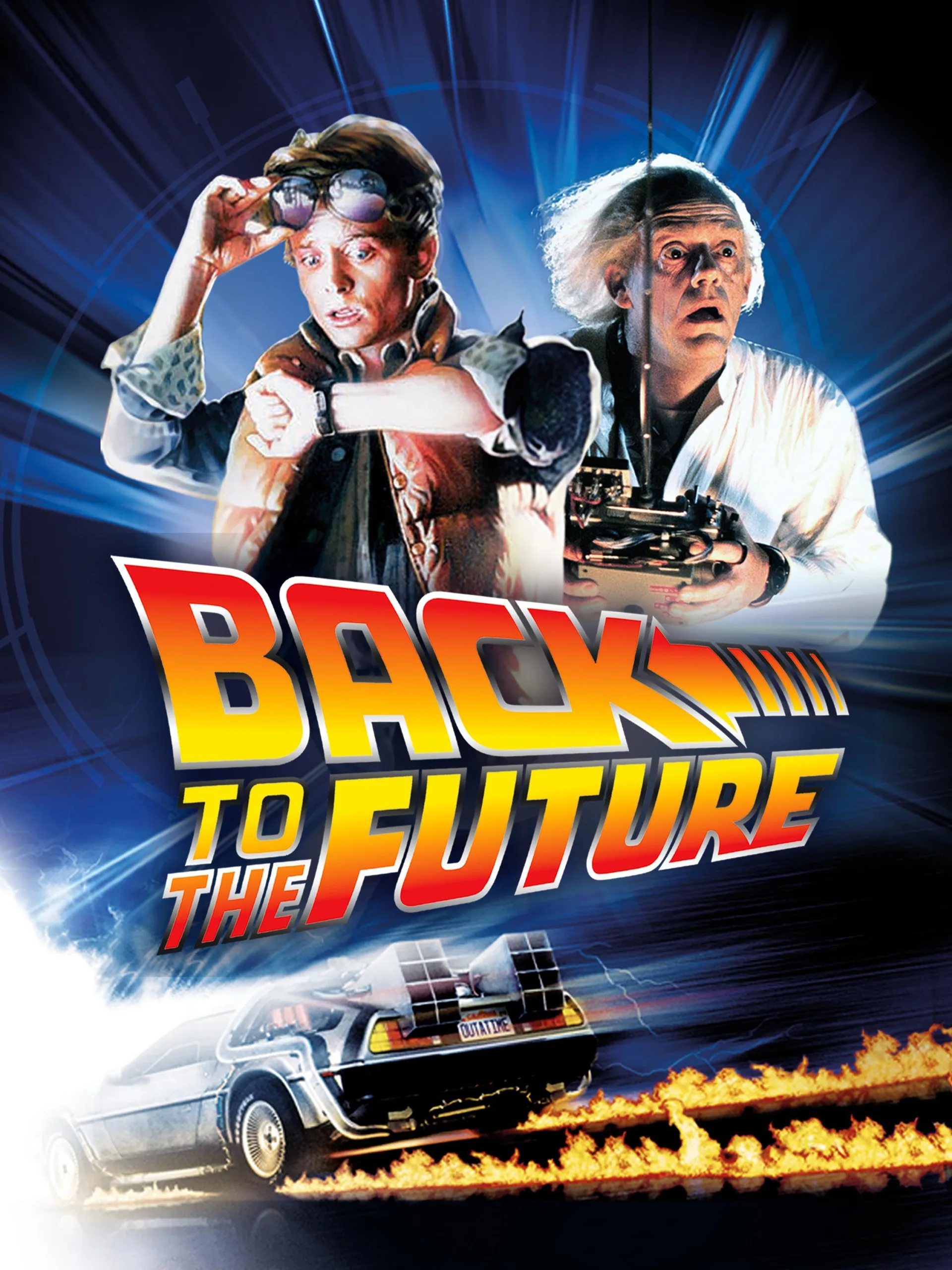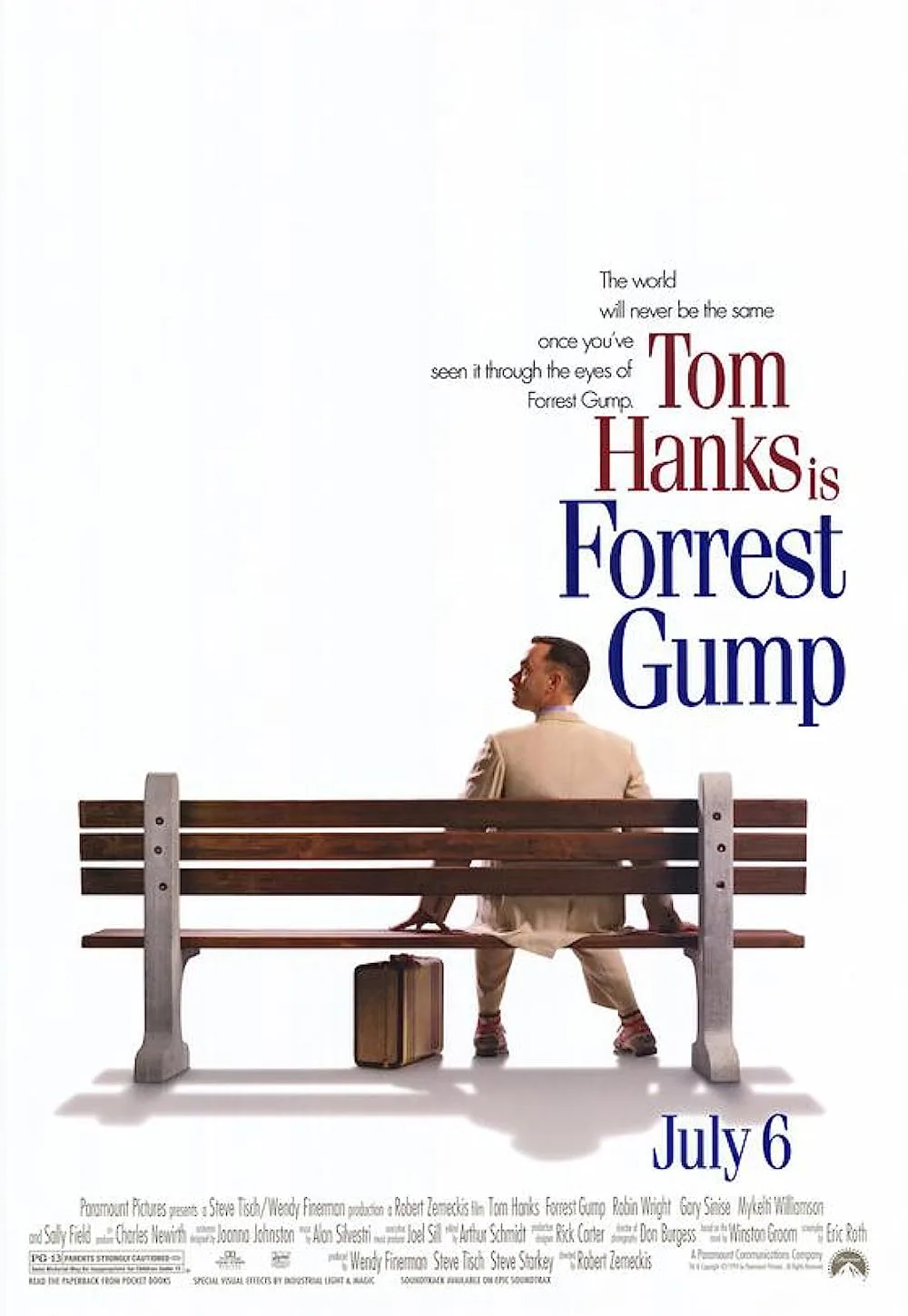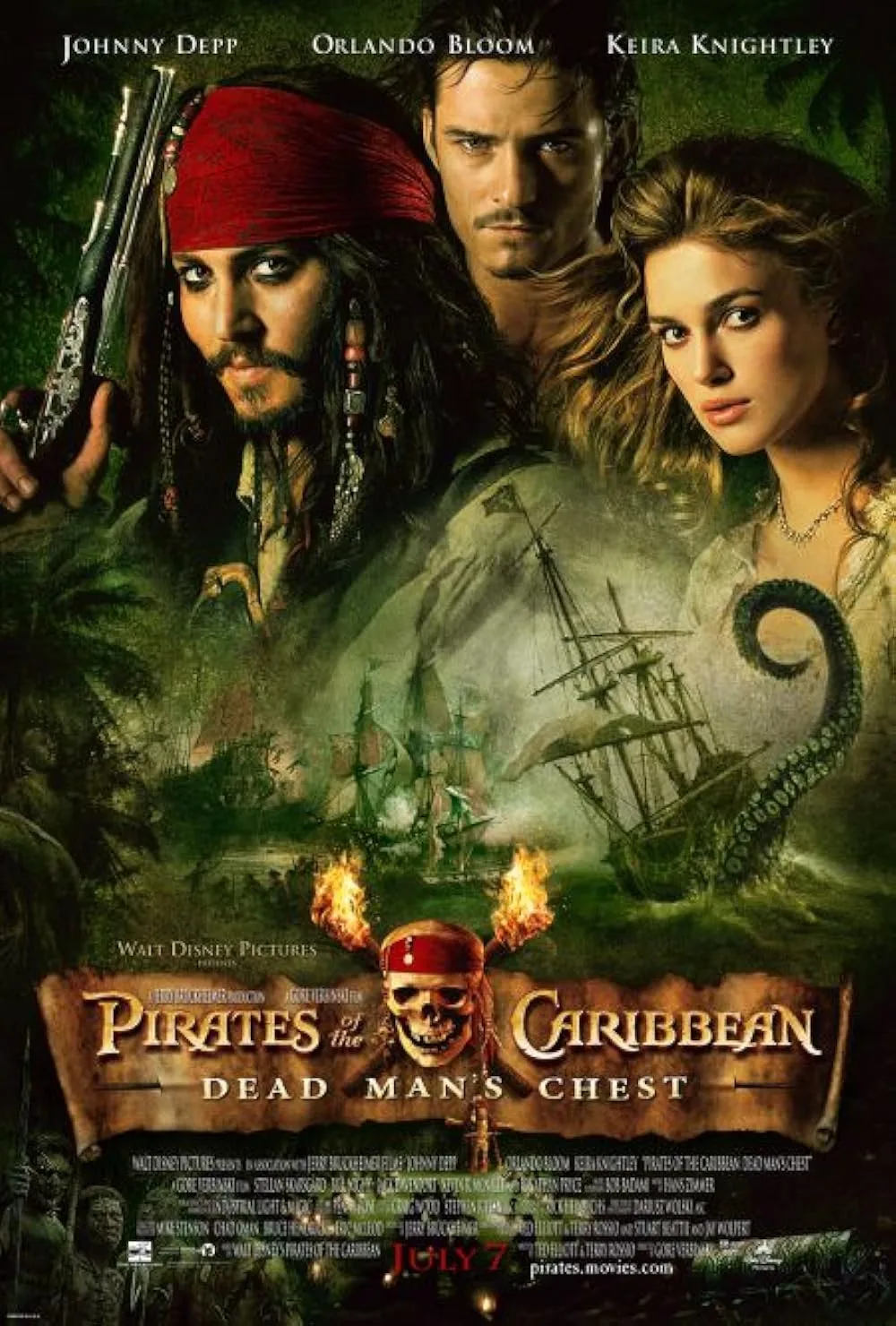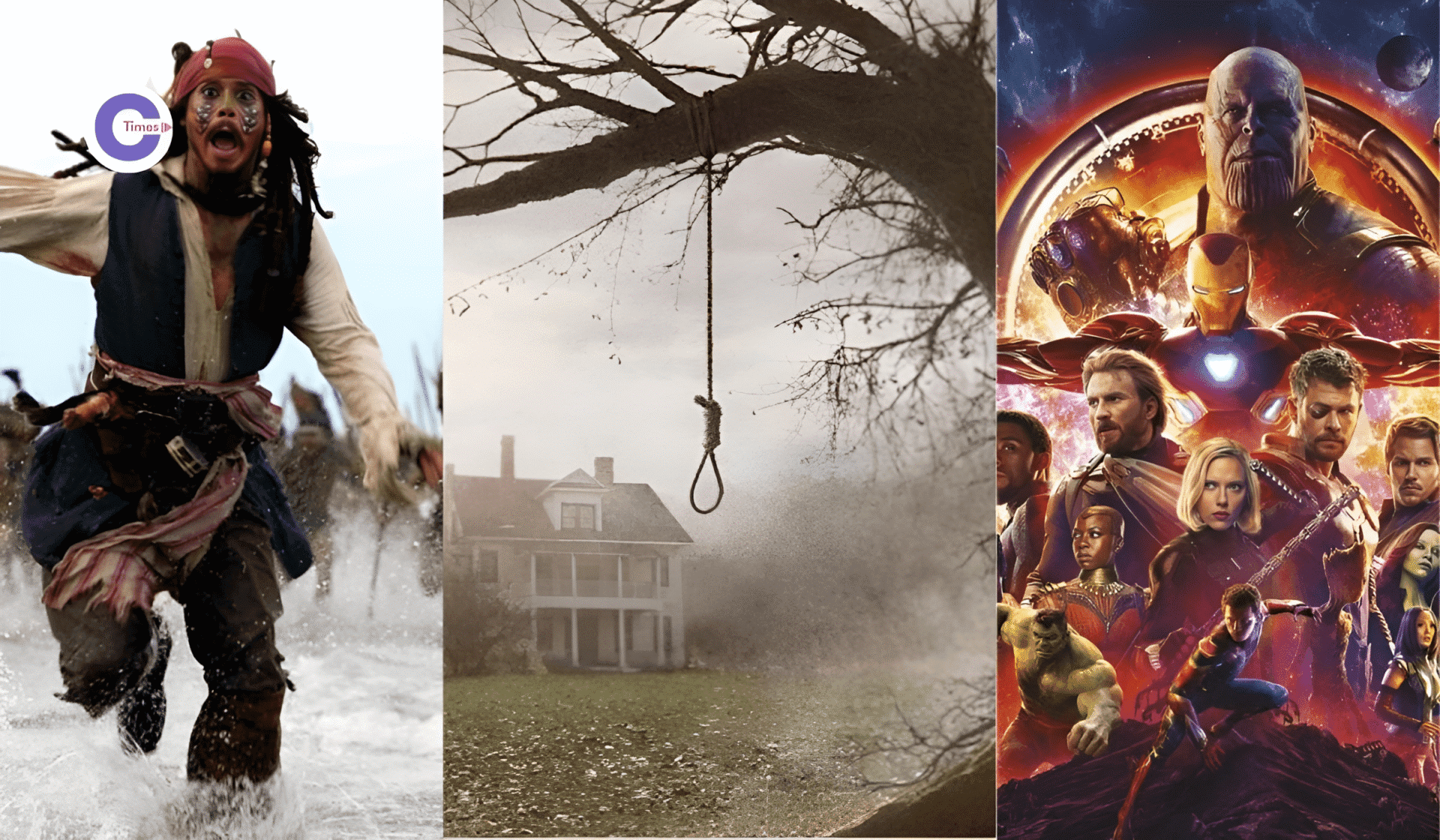Ever feel like movies today don’t really end? Instead of wrapping up neatly, so many films leave you hanging, setting up sequels or spinning off into shared universes. Remember when movies just… ended? Like, really ended? Let’s take a little trip down memory lane and see how things have changed over the years.

The Good Old’ Days of Real Endings
Back in the day, movies didn’t care about setting up a 12-part franchise. You’d go to the theater, watch a film, and leave knowing exactly what happened. The story began, there was a middle, and, more importantly, there was an actual conclusion. Characters either triumphed or failed, but you knew how things ended up for them.
Take classics like Back to the Future or The Shawshank Redemption. These films had real, satisfying conclusions. Marty McFly fixed the timeline and went back to 1985, and Andy Dufresne finally escaped to freedom. Sure, there were sequels (especially for Back to the Future), but the original movies felt complete. You could walk out of the theater and feel like you’d experienced the full story.
Sequels, Sequels Everywhere
Now, it feels like every movie is just a setup for the next one. Superhero movies are notorious for this. Look at the Marvel Cinematic Universe (MCU), every film has a post-credits scene that hints at the next movie, teasing fans about what’s coming. It’s fun to speculate, but sometimes it feels like you’re never getting a full story in one sitting.
Movies like Avengers: Infinity War literally left fans on a massive cliffhanger, only to resolve it in the next movie, Endgame. Sure, it was exciting, but it also meant we had to wait a whole year to get the ending we wanted. Compare that to The Terminator from 1984. Sarah Connor defeats the Terminator, and while there’s room for a sequel, it’s not dependent on one. You’re not left in limbo.

The Rise of Shared Universes
It’s not just sequels, though. Shared universes have taken over Hollywood. The MCU did it first, and now other franchises are trying to get in on the action. Even horror movies are doing it, with The Conjuring universe connecting multiple films. It’s cool if you’re a fan of that world, but sometimes it makes individual films feel incomplete. Instead of focusing on telling one great story, movies now have to fit into a bigger puzzle.
The 90s and early 2000s had some great standalone movies. Think about Forrest Gump or Gladiator. These films had real endings. Forrest finishes his story, and Maximus dies a hero. There’s no need for a sequel or a shared universe; the stories are self-contained and satisfying. And honestly, that’s something we’re starting to miss.
The Never-Ending Cliffhangers
Another trend that’s taken over?
Cliffhangers. Now, it feels like every big movie has to leave you with some sort of unresolved ending. Take Inception, for example. Does the top stop spinning, or is Cobb still dreaming? It’s a cool, thought-provoking ending, but it also leaves you guessing.
Then there’s Pirates of the Caribbean: Dead Man’s Chest. Remember when it just ended with Jack Sparrow getting eaten by the Kraken, leaving us to wonder what would happen next? We had to wait for the next movie to see how things played out. Instead of wrapping up the story, it was a clear setup for the sequel.

Why Do We Miss Real Endings?
It’s not that today’s movies are bad. In fact, some of them are incredible. But sometimes, you just want a movie that finishes its story. No cliffhangers, no post-credits scenes teasing the next film—just a good, solid ending. Real endings give you closure. They let you reflect on the story and characters without immediately thinking about what’s coming next.
Movies used to be more focused on telling one complete story in a single sitting. Today, it feels like filmmakers are always thinking about how they can turn one movie into three or four. While that’s great for building franchises, it can take away from the experience of watching a standalone film.
Will Real Endings Ever Come Back?
Maybe the era of real endings is gone, or maybe it’ll make a comeback one day. It would be nice to go to the theater and know that you’re getting the full story, without needing to wait for a sequel or a post-credits scene to explain things. But until then, we’ll just have to enjoy the ride and see where Hollywood takes us next.
So, do you miss movies with real endings, or do you like the way films are made today? Either way, it’s always fun to look back and remember a time when movies just… ended.
